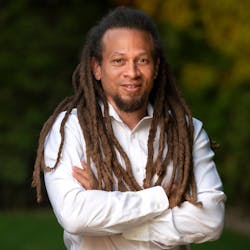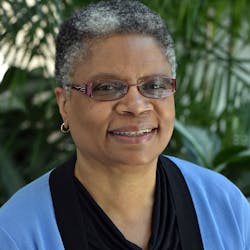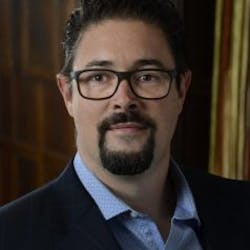Bahá’í perspectives on reparations: Reflections from the ABS Africana Studies Working Group
- Details
- Resources
The Universal House Justice has stated that the Bahá’í community needs to be able to “offer, as a unified body, its considered perspective…on issues that weigh on the minds and spirits of those with whom it interacts.” Furthermore, the House of Justice explains that the Bahá’í community will increasingly “be called upon to explicate the principles it advocates, and to demonstrate their applicability to the issues facing humanity.” Certainly, reparations is among those weighty issues to which Bahá’í principles can be productively applied. With the growing prominence of calls for contemporary reparations for harms originating in historical contexts, many individuals, communities, and institutions are seeking a shared understanding of prominent themes in the discourse concerning reparations. Hoping to advance its understanding of these themes, the ABS Africana Studies working group has taken up a collaborative process of learning focused on assessing reparations discourse in light of Bahá’í principles. In this presentation, three collaborators share thoughts on the working group’s ongoing endeavor to develop considered Bahá’í perspectives on reparations.
Deepening questions
- In the scope of envisioning the society transforming power of Bahá'u'lláh's revelation, what impacts of chattel slavery must be repaired to pave the way for true unity?
- In contributing to the American discourse on reparations, which aspects of the Baha'i framework for action are most consequential?
- How might reflection on reparations' discourse allow us, working alongside reparations' advocates, to think about what the structures of a future society should be like, and how we go about building them?
- How can a Bahá’í conceptual framework contribute to reimagining "justice" within the contexts of reparations discourse and social action?
Derik Smith
Derik Smith is a professor in the Department of Literature at Claremont McKenna College; he is currently chair of the Intercollegiate Department of Africana Studies at the Claremont Colleges. His work is anchored in the analysis of American culture and, particularly, African American literary culture. He is the author of many articles, and the book, Robert Hayden In Verse: New Histories of African American Poetry and the Black Arts Era.

June Manning Thomas
June Manning Thomas, PhD, has studied and written several articles and books about race unity and anti-Black racism, such as Redevelopment and Race: Planning a Finer City in Postwar Detroit; co-edited The City after Abandonment; and the recent Struggling to Learn: An Intimate History of School Desegregation in South Carolina. She is Professor Emerita of Urban and Regional Planning at the University of Michigan and a faculty member of the Wilmette Institute.

Guy Emerson Mount
Guy Emerson Mount is an Assistant Professor of African American History at Wake Forest College and an Associate Editor at Black Perspectives. He is a graduate of the University of Chicago where he earned his PhD in 2018 while co-founding the Reparations at UChicago Working Group (RAUC)—a scholar/activist collective that uncovered the University of Chicago's historical ties to slavery and is organizing alongside grass-roots activists on the South Side of Chicago for reparations. His work focuses on the afterlives of slavery, Black internationalism, American empire, and the history of reparative justice. His upcoming book, From Slavery to Empire: Reconstruction in the Black Pacific, follows the lives of everyday Black workers in Hawai’i and the Philippines as they confronted the global expansion of American racial capitalism during the professed unwinding of American state-sponsored slavery.

46th Annual Conference
The views expressed in this recording are those of the presenters and do not necessarily represent the views of the Association for Bahá’í Studies, nor the authoritative explications of Bahá’í writings.